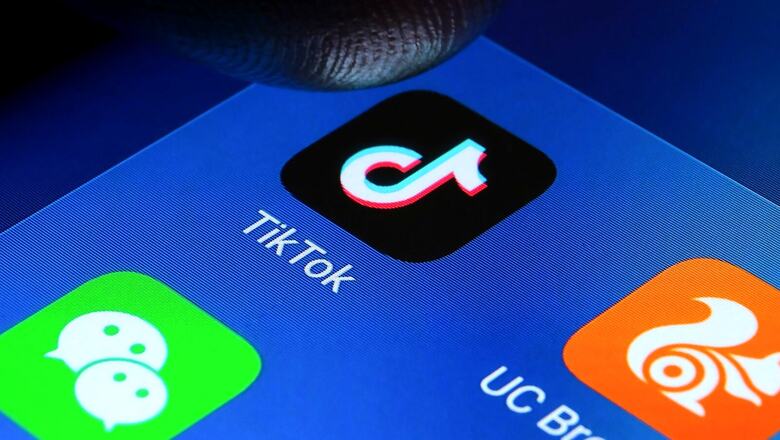
views
In 2020, following the Galwan Valley clash, the government had banned 59 Chinese apps, including popular ones like TikTok, WeChat, and ShareIt, to protect the privacy of its citizens. The list got further long with more apps being added in the past few months. But these apps have come back in India under new identities, posing a significant threat to the security and privacy of Indian users.
One such app is Tiki, which is allegedly owned by Singapore-based Bigo, but the company has denied any involvement despite evidence indicating that it has traces in Beijing.
“While we checked with the online available tools, the IP history of https://tiki.video/ showed us that it has its traces in Beijing, and, in fact, with BGO Technology PTE LTD. It uses the similar layer that the previous app of BIGO used to have,” said cyber expert Amit Dubey. In response, Tiki denied any association with China or any Chinese apps or companies and said their servers and user data are strictly based in India.
ShareKaro, Helo, and Resso are other apps allegedly owned by Chinese firms and are operating once again in India, marketed under the false pretext of ‘Make in India’ to attract users. However, Tiki was the only company that responded to allegations and denied any Chinese links. ShareKaro, meanwhile, uses personal email IDs, which is a red flag for many. Experts believe that personal email IDs are not a problem, but when promoting an app to a large audience, people look for credibility and identity.
“Apps take several permissions at the time of installation and these permissions are not required sometimes. While marketplaces have their rules related to permissions, the same is not very defined as per app functioning and user behaviour. Apps have their own logic for accessing their data but when a server based in China has stored our crucial data, so how can this be trusted,” explained Dubey.
Apart from identity change, the banned apps are promoting alternative methods for Indian users to download them. One such method is to download an APK file from Google or use a proxy and download it as a user from another country. However, both methods come with their own set of risks.
When users install apps from APK files, they are not getting them from the official source, increasing the chances of downloading a modified version containing malware or viruses. Similarly, using a proxy to download the app can compromise the user’s privacy, as the app can collect data on their online activity.
While the government is taking steps to prevent these apps from accessing Indian users’ data, it is also important for users to exercise caution and avoid using these apps through alternative methods.
“Under Section 69A of the IT Act 2000, we block these apps. We ban these apps, but we don’t enforce the orders. The websites and apps are clever. They are harvesting our data and it’s a big security concern. Hence now, users have to be more careful. While the Indian government is still working on making our laws more stringent, users need to be cautious,” said Pawan Duggal, Founder & Chairman of International Commission on Cyber Security Law.
Read all the Latest India News here



















Comments
0 comment